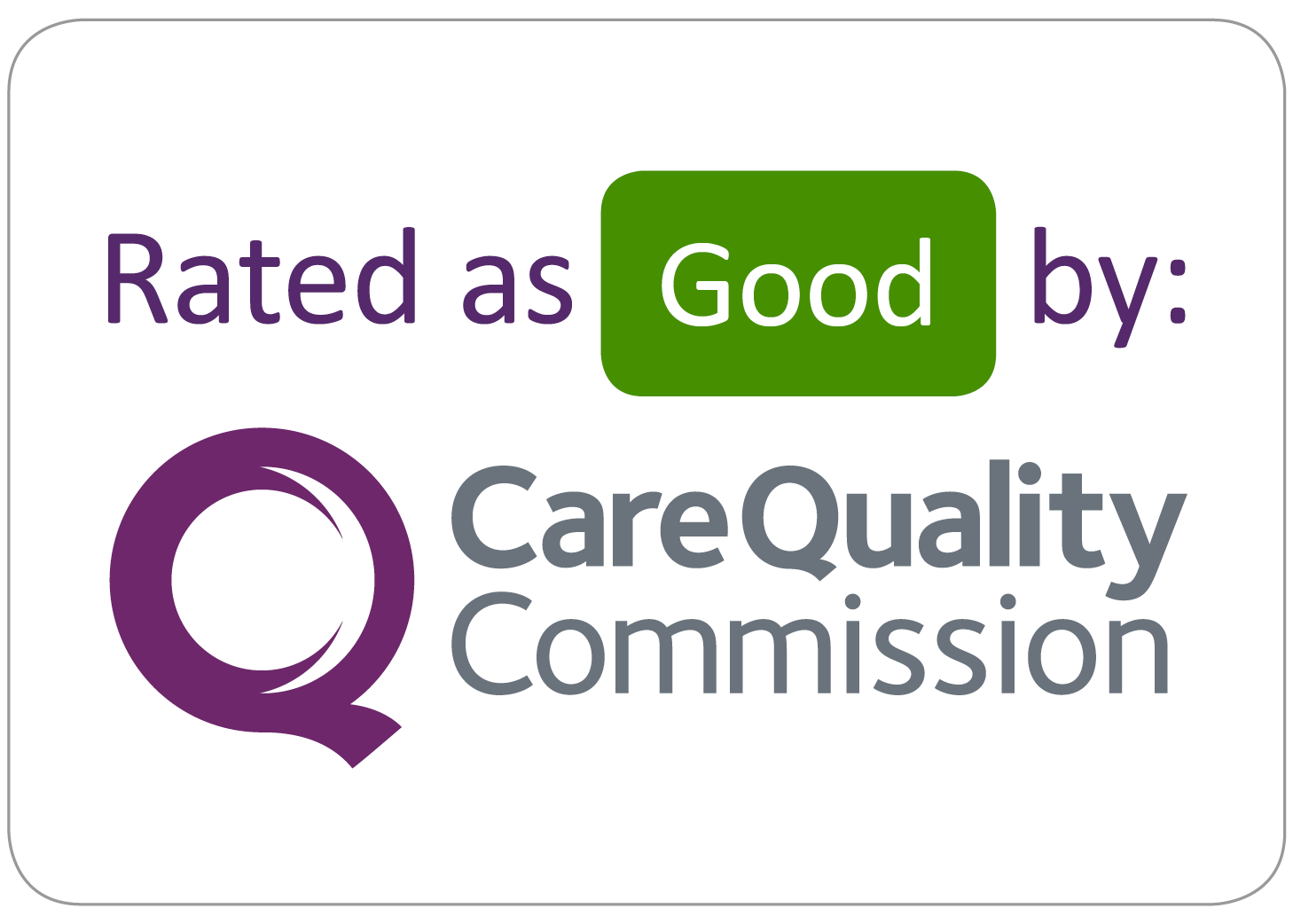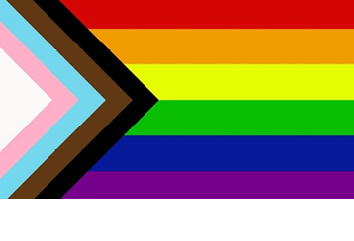We understand that things are changing and restrictions easing. However our colleagues will continue to wear face masks in order to protect you.
So, we ask that you continue to bring a face covering when coming to one of our hospitals or community centres. If you don't have one there are mask and gel stations at all our main entrances and ward and department entrances.
People infected with Covid-19 (Coronavirus) can have very mild or no respiratory symptoms (asymptomatic) and can transmit the virus to others without being aware of it.
What does this mean for me?
We can all play a role in reducing the spread of Coronavirus and keeping our hospitals safe. If you are coming to hospital as a visitor or for planned outpatient care, it is important that you wear a face covering at all times. This is for your safety and the safety of other patients and staff.
Face coverings can be cloth and/or homemade, and advice on how to wear and make one can be found on the government website. Face coverings worn as part of religious beliefs or cultural practice are also acceptable, providing they are not loose and cover the mouth and nose.
We are asking that you plan in advance and bring a face covering with you whenever possible, but if you do not have one available when you come to hospital, there are mask and gel stations in all our main entrances, including our wards.
For some people, wearing a face covering may be difficult due to physical or mental health conditions. In these instances, other measures will be considered on a case by case basis, for example timed appointments and being seen immediately on arrival.
If you are deaf or hearing impaired, our staff have a range of communication options to ensure that they can communicate effectively with you. This might include the use of visual aids such as writing things down, interpreters and sign language.
All visitors will be expected to comply with existing social distancing and hand hygiene measures in addition to the face coverings while in the hospital setting.
- Always carry tissues with you and use them to catch your cough or sneeze. Then bin the tissue, and wash your hands, or use a sanitiser gel.
- Wash your hands often with soap and water, especially after using public transport. Use a sanitiser gel if soap and water are not available.
- Avoid touching your eyes, nose and mouth with unwashed hands.
- Avoid close contact with people who are unwell.


















